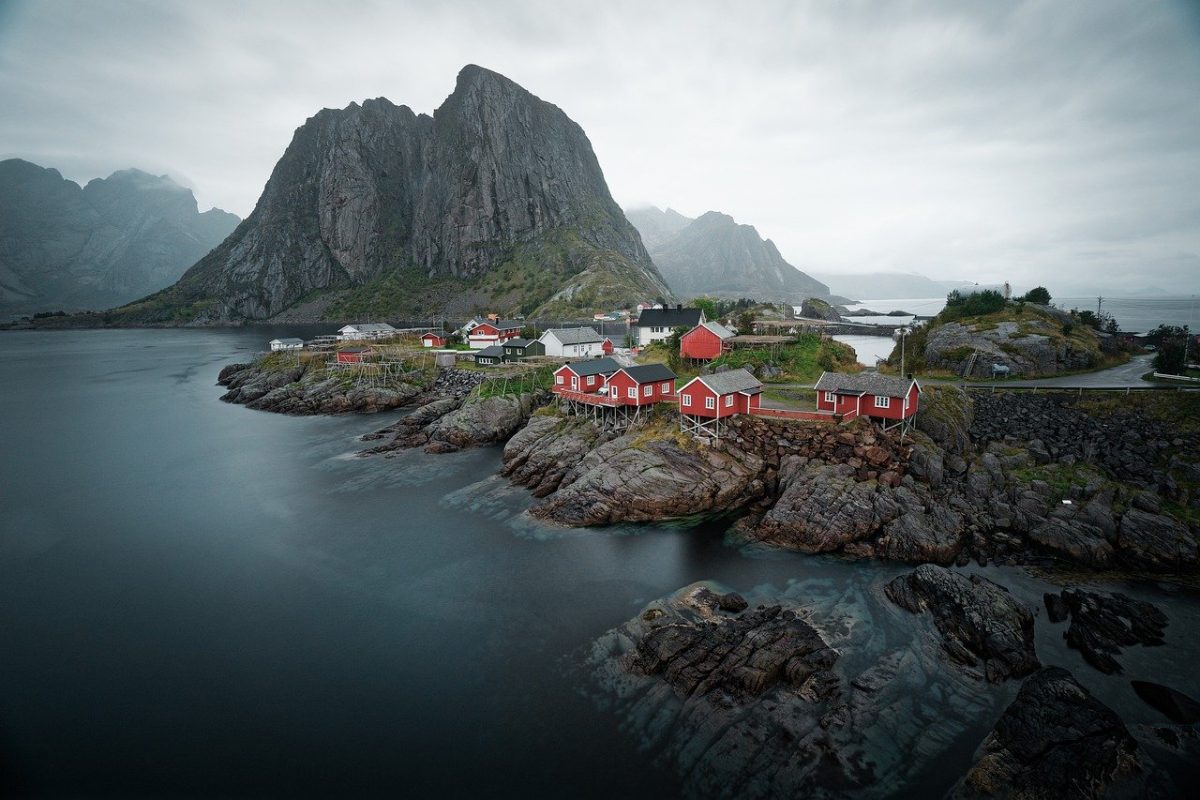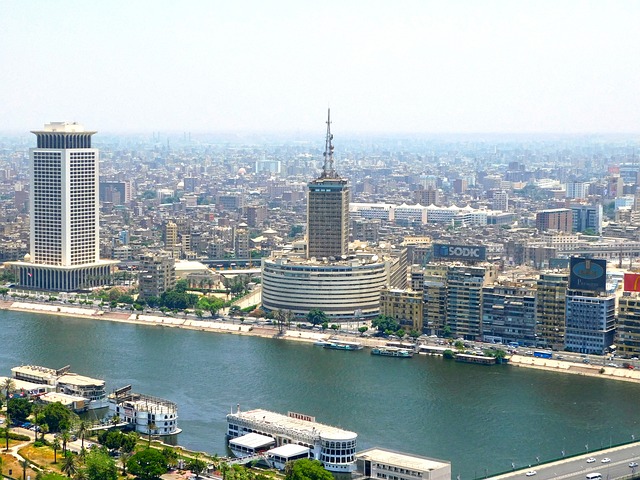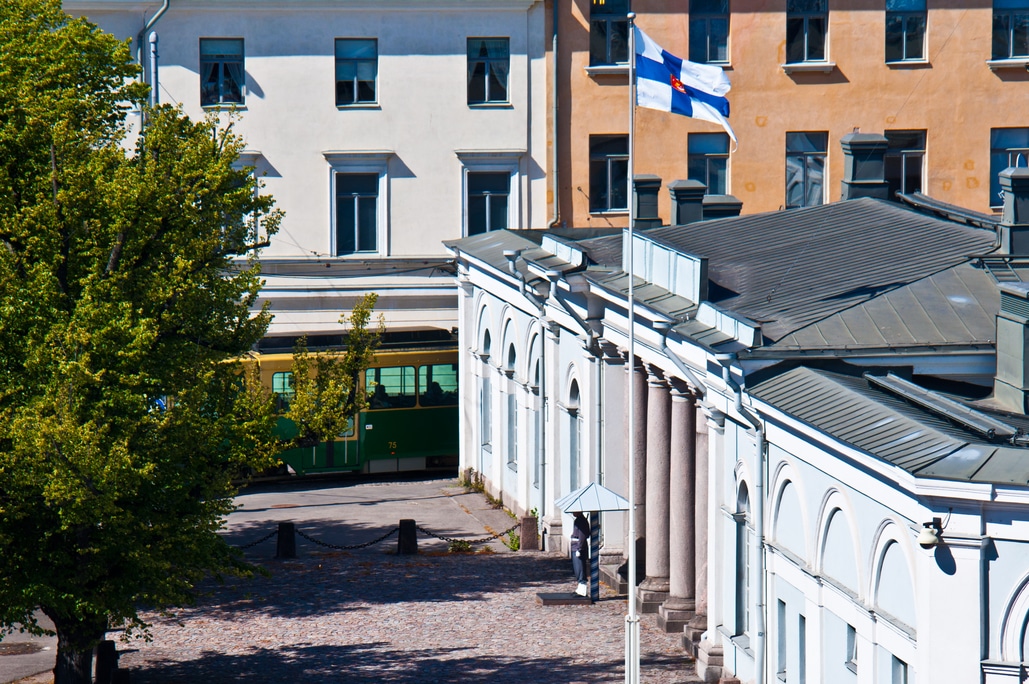Norway borders the North Sea in the south and the Barents Sea in the north. Accordingly, the country’s climate is divided into two parts. In the north and north-east there is a continental climate with warm summers and very cold winters in which minus 40 degrees is common. In the south of the country the climate is much milder and even in winter it snows only occasionally, while in the far north winter sports are possible almost all year round. The Norwegians invented skiing and are the most successful nation at the Winter Olympics. People like to eat hearty food in Norway and the kjøttkaker (meat pie) with brown sauce can be found on almost every menu.
More interesting facts about Norway
- Norway is located on the Scandinavian Peninsula in northern Europe and has 2,600 kilometres of coastline.
- Mardalsfossen in the Vestlandet region plunges more than 650 metres into the sea, making it the highest waterfall in Europe.
- Norway has about 150,000 small islands.
- The country is considered to be the birthplace of many winter sports.
- According to a UN study, Norwegians are the happiest people in the world, have the highest standard of living according to the Human Development Index, and the Norwegian capital Oslo has been named the most expensive city in the world many times.
- Alcohol can only be bought in state shops, but the country’s moose are always drunk at the beginning of winter, eating berries and apples that ferment quickly after the first frost.
- Since 2006, Norwegian cows have slept on mattresses – this is not just a Norwegian whim. Even though the country is not a member of the EU, it has implemented this EU directive because the extra comfort leads to increased milk production, as the cows lie down for longer and are more relaxed in the barn.
- The Norwegian fjords are world-famous and with the right of public access everyone is allowed to pick mushrooms or berries, grill on an open fire, or go boating.
Facts about languages in Norway
The history of Norway’s national language has related mainly to geographical conditions and political developments.
None of the regionally spoken dialects of Old Norwegian have been able to establish a foothold nationwide, and Norway belonged to the Danish-Norwegian Personal Union, in which Danish was predominantly spoken, for a long time.
Although the Norwegians are proud of their Neo-Norwegian, which was developed from a type of Danish in the middle of the 19th century, children in Norway learn English at an early age. Many foreign TV series and most blockbusters from Hollywood are not d\ubbed and are at most broadcast with subtitles. In schools Spanish, French or German are still offered in lessons from the 8th grade onwards.
Our translation services include the translation of contracts, official documents, websites, information brochures and many other documents from and into Norwegian and many other languages.





